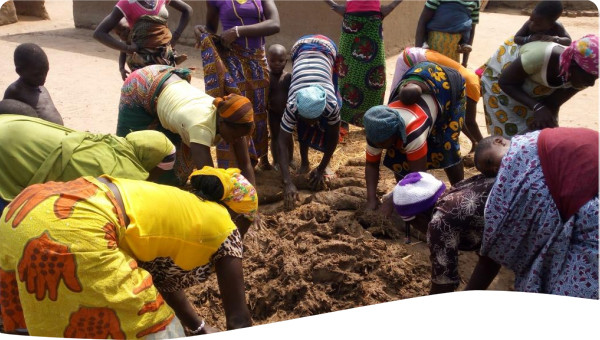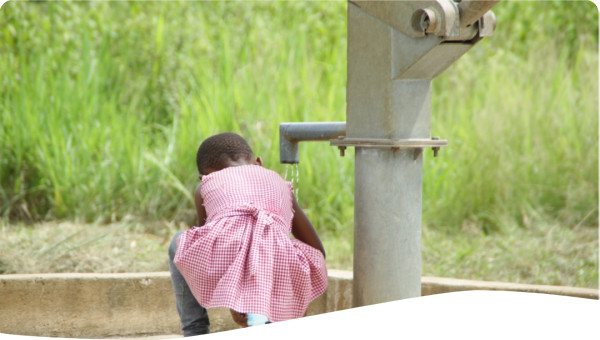The 1992 UN Conference on Environment and Development declared that women play a central part in water resources management and supply. However, at Kakamega County Water and Sanitation Co. few women are able to move from entry level to management level positions, those that did were under represented and paid less. Obstacles to advance to leadership positions were lack of support, qualifications, and geographical mismatches between them and opportunities. Governments play a pivotal role in accelerating a gender transformative water sector. This is a case affirming the supposition that transformation is not the goal in gender and water sector leadership, it should be a way of doing business.
Access and availability of updated and disaggregated data. To foster water policies that are truly gender-transformative, high-quality, timely and reliable data disaggregated by gender, and other characteristics is key. The Index should be updated through 2030 to support CSOs, and advocates to guide and drive policy, law and budget decisions to meet SDG6 commitments to achieve gender equality.

